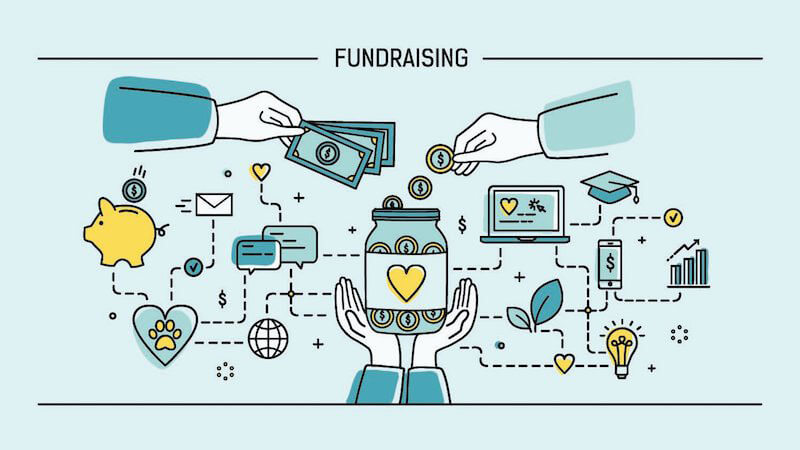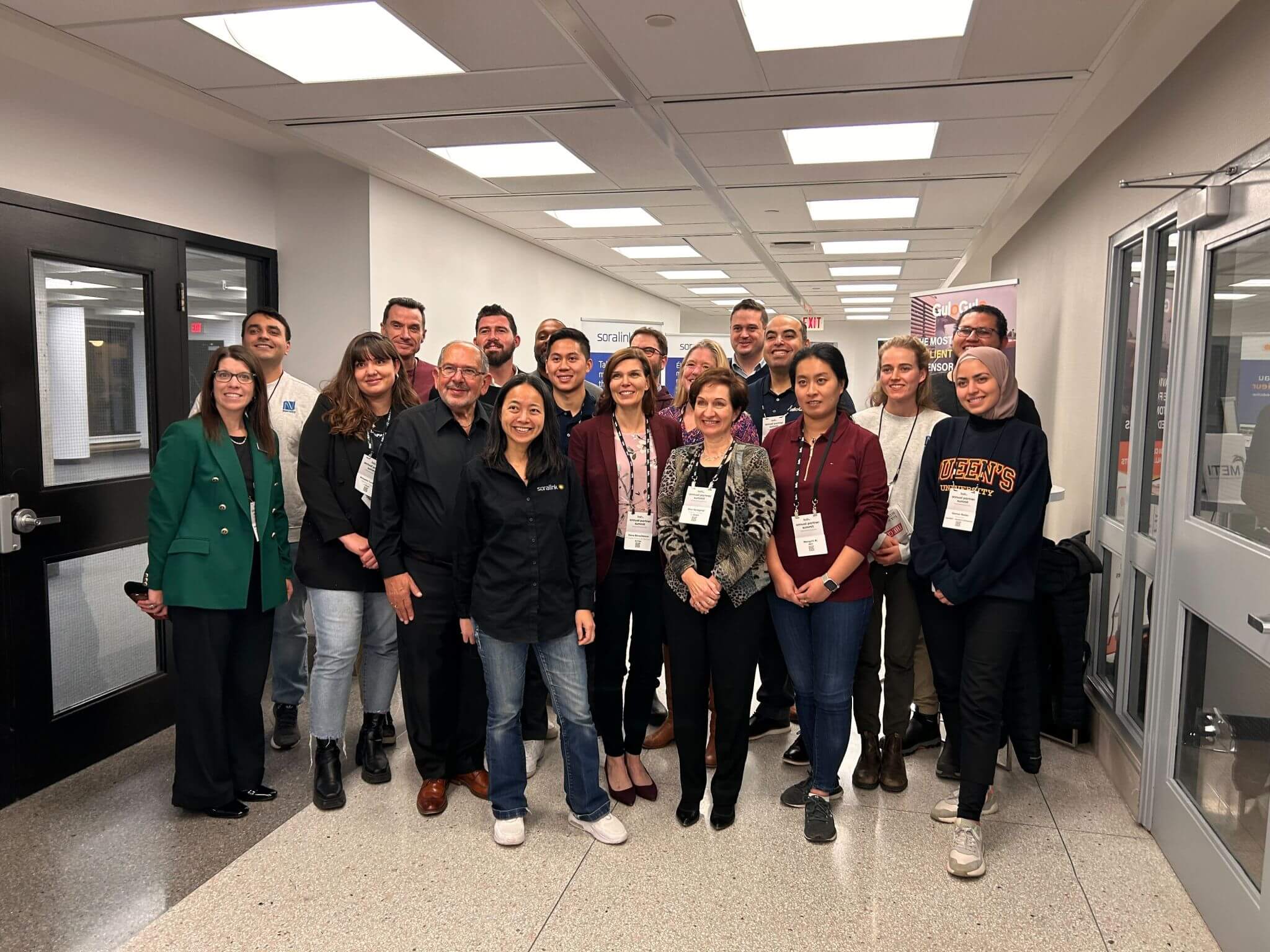The following is a guest blog post by Chase Irwin and Sean Del Giallo from Dentons’ Venture Technology and Emerging Growth Companies group.
Q: How should I structure my financing round (equity, debt or convertible debt)?
A: There are a number of considerations to take into account when deciding how to structure your financing round. First and foremost, the amount you intend to raise and your prospective company valuation should guide the initial discussion of whether to issue shares, other equity or incur debt.
Raising an equity financing is often more expensive than raising convertible debt, issuing Simple Agreement for Future Equity “SAFEs” or completing a pure loan financing from a legal perspective. For example, equity financings will almost always require you to implement or update your shareholder agreement and articles, which typically isn’t necessary in the context of a convertible debenture financing. If you’re raising less than CA$1 million in gross proceeds, we would recommend raising funds by issuing SAFEs or convertible debentures.
Do you already have a company valuation in mind? If not, it may be easiest to raise by issuing debt or convertible debt, which allows you to delay the determination of a company valuation until a future priced round. You may also avoid diluting yourself heavily early on by raising on a very low company valuation, but be careful of valuation caps and discounts in convertible securities. If you are raising a large round on convertible debentures with a low valuation cap or a high discount, you may suffer heavy dilution at the time of your next equity financing.
Finally, if you’ve been meeting with a potential lead investor, the lead may dictate the financing structure if you don’t propose the structure from the outset. Certain institutional investors only invest based on certain structures.
Q: Our corporation plans to raise our first equity financing. How much of the corporation should I own post-closing?
A: There is no exact percentage you should be striving to maintain after a given financing round. Rather, this is very dependent on your near and long-term financing plans. If you foresee multiple rounds of financing before your company can generate enough revenue to fund its own operations and scale effectively, you will want to ensure you hold enough equity after closing such that you can continue to absorb further dilutive hits moving forward without investing your own money to participate in the later financing rounds.
However, it is a common misconception that you need to hold 51% of your company’s equity to maintain control of your corporation. In fact, founders occasionally hold 20% or less (and sometimes much less depending on the size of your founding team and how many external fundraising rounds you’ve been through) at the time of an exit. Based on the company valuation, it is important to founding teams and investors alike that the founders are adequately incentivized and aligned with the potential success of the company. Aside from ownership percentage, founding teams can ensure they maintain control of management by retaining the right to appoint a majority of their board of directors for as long as possible. This is done by utilizing a shareholder agreement or voting agreement. If a founder holds 10% of the corporation’s shares but has the right to nominate 4 of 5 board members, that founder will control the day-to-day operations and management of the corporation regardless of their ownership percentage. Shareholder agreements are also used to ensure proper approval thresholds and founder protective provisions are implemented so that major decisions (such as a sale) cannot be completed without the express consent of the founding team.
Q: What’s the difference between a SAFE or a convertible note?
A: In general, a SAFE is a “simpler” form of investment agreement (hence the name, “Simple Agreement for Future Equity”). A convertible note is a more traditional form of security and involves more complex terms and in many cases, increased investor protection. Using either can be appropriate depending on the amount of funds raised, the stage of the company and the requirements of the investor.
One material difference, for example, is that a SAFE does not have a maturity date. Convertible notes will have a specific maturity date where the loan is either repaid or the note converts into shares, which will depend on the terms negotiated in the note. A convertible note will also usually have an interest rate that accrues over the term the note is outstanding, whereas standard SAFEs do not accrue interest.
Another significant difference is in conversion scenarios. A SAFE will convert into shares on a future financing event. A convertible note, however, will include multiple scenarios for conversion, including into existing shares of the company, conversion at the option of the holder, conversion at the maturity date, and conversion on certain thresholds of equity financing. The amount and class of shares that a convertible note converts into will depend on the specific terms of the note and which particular event is triggering a conversion.
For more information, please contact Chase Irwin and Sean Del Giallo or another member of Dentons’ Venture Technology and Emerging Growth Companies group.



